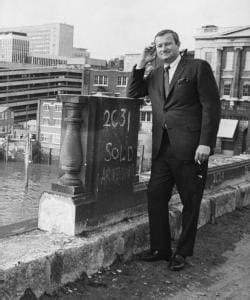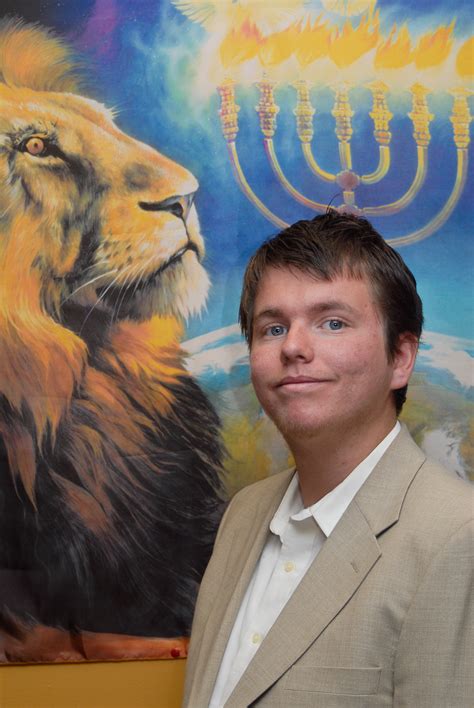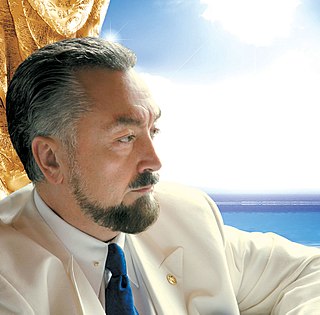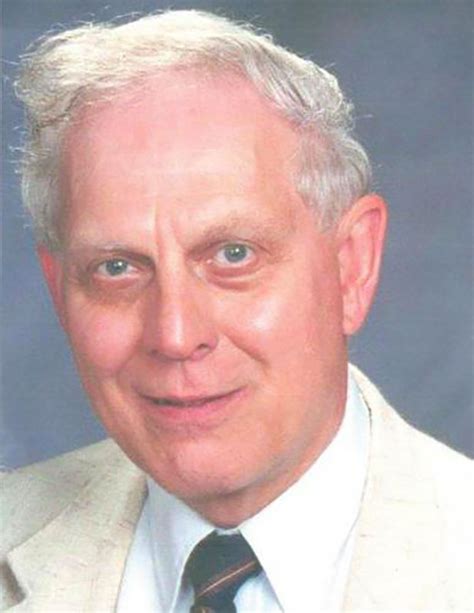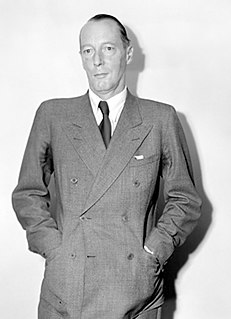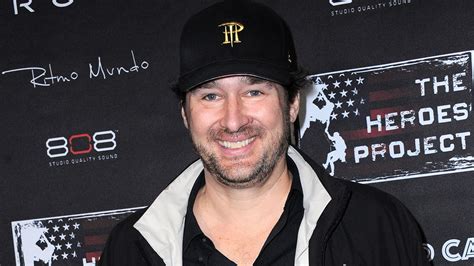A Quote by Robert P. McCulloch
The physical evidence does not change because of public pressure or personal agenda. Physical evidence does not look away as events unfold nor does it blackout or add to memory. It remains constant and is a solid foundation upon which cases are built.
Related Quotes
Here is an entirely banal idea that I think has the potential to change the world: Take evidence seriously. Taking evidence seriously does not mean privileging numbers over all other forms of knowledge - theories, narratives, images. Nor does it mean the kind of radical skepticism that questions everything to the point where no action is possible.
When you're dealing with a problem as complex as autism, you have to look at it from many different points of view and assemble evidence from many different vantage points. Biological evidence in humans and in animals, toxicologic evidence, how does the body deal with toxins, and evidence looking at the actual experience in populations.
. . . What role does historiography play in the way a society and culture "remembers" past events? Does the historian have a moral or civic responsibility to this project of memory that ought to influence the way he or she engages in historical practice? Should moral concerns influence the historian's choice of subject matter, of issues to discuss, of evidence to use?
After years of study and personal on-site investigation of UFO reports, I am certain that there is more than ample high-quality observational evidence from highly trained and reliable lay witnesses to indicate that there are unidentified machine-like objects under intelligent control operating in our atmosphere. Such evidence in some cases is supported by anomalous physical effects upon the witnesses, electrical devices, and the environment, as well as by instrumentation such as radar and Geiger counters.
Without a doubt the sense of beauty does not lie determined in the concreteness of an individual beautiful thing or person. Rather its purpose is much more the enchantment of the soul, for there is nothing physical that is not made with the intent of affecting the soul, and there is no soul that does not intend to dazzle everything physical with its sensations.
Jesus does not respond to our worry-filled way of living by saying that we should not be so busy with worldly affairs. He does not try to pull us away from the many events, activities, and people that make up our lives. . . . He asks us to shift the point of gravity, to relocate the center of our attention, to change our priorities. Jesus does not speak about a change of activities, a change in contacts, or even a change of pace. He speaks about a change of heart.
